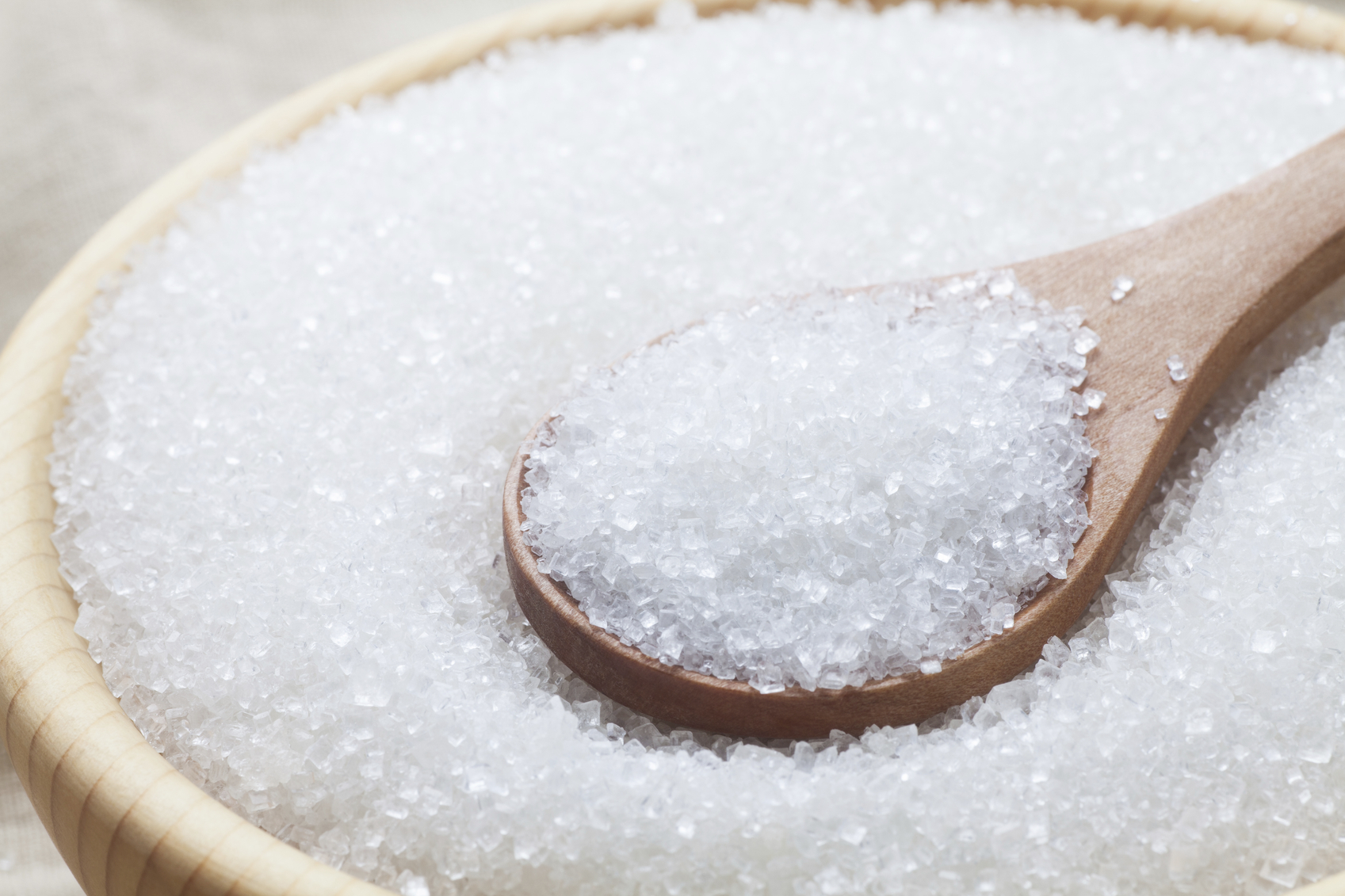
Does Sugar Feed Cancer?
Does sugar feed cancer? This is one of the most common questions in the world of nutrition and oncology. The short answer to this question is no, sugar does not feed cancer. Read on to find out more!
Every cell in the body requires sugar (glucose) for fuel, including cancer cells. The sugar comes from foods that we eat, specifically carbohydrates. If you were to eliminate all of the sugar in your diet, you would be harming the healthy cells that need energy to function normally.
Without adequate amounts of carbohydrate intake, our bodies will obtain glucose from another source, such as protein. The body may start to break down proteins that you eat or those stored in the body, which can lead to muscle loss and malnutrition. This is counter-productive, especially to those who are struggling to maintain their weight while dealing with side effects of cancer and its treatment.
There are two main types of sugar: natural sugars and added sugars. Natural sugars are found naturally in foods such as milk and fruit. Added sugars are added to foods during processing to improve taste. Examples of foods with added sugars include soft drinks, sauces, cookies, cereal, cakes and ice cream. Try to limit these types of processed foods, as they provide empty calories with little nutritional value. Eating a lot of foods that have added sugars increases your chance of putting on weight. Research has shown that being overweight or obese may increase your risk of cancer.1 Try to avoid added sugars and enjoy naturally occurring sugars in moderation.
All of that being said, here are some tips to decrease the amount of added sugars in your diet:
- Enjoy a variety of vegetables and fruits every day. They contain essential vitamins, minerals, antioxidants and fibre that you need for good health.
- Limit processed foods with added sugars – read nutrition labels (check out my Facebook post on choosing foods with little to no added sugars here).
- Choose whole foods – foods that are as close to their natural state as possible. Examples include vegetables, fruit, whole grains, legumes, nuts and seeds and lean meat, poultry and fish.
- Use fresh herbs and spices to give flavour to your meals.
- Choose water or sparkling water over soft drinks and juice drinks. Try making your own flavoured water with fresh lemon, orange or lime slices, raspberries, cucumber or fresh mint.
- Gradually decrease the amount of sugar you put in your coffee or tea.
- As opposed to cookies for a snack, choose fruit and yogurt or a handful of nuts and a piece of fruit
- Cook at home more often. That way you have control over the ingredients that are added to your meals. Challenge yourself to make no added sugar or salt meals for you and your family!
Check out this delicious vegetarian chili I put together. Take a look at the ingredients and you will see that there isn’t any added sugar or salt.
Here’s to living the grounded life,
Emily
REFERENCES
- Canadian Cancer Society. Ottawa: CCS; c2016 [cited 2016 Feb 16]. Sugar and Cancer. Available from: http://www.cancer.ca/en/prevention-and-screening/be-aware/cancer-myths-and-controversies/sugar-and-cancer/?region=on.

